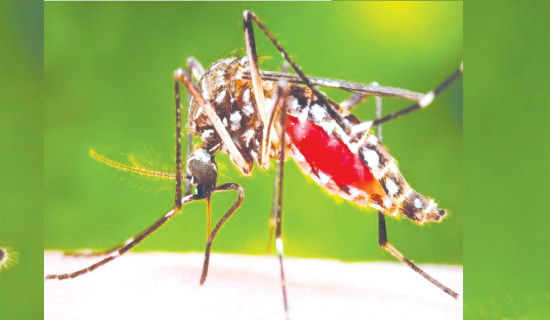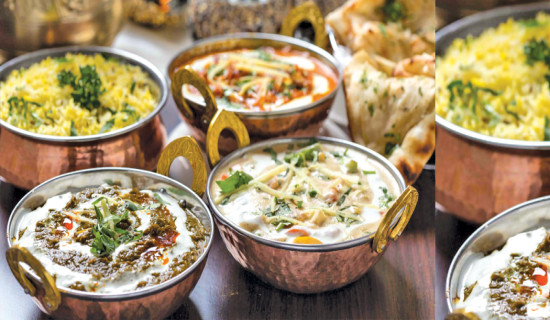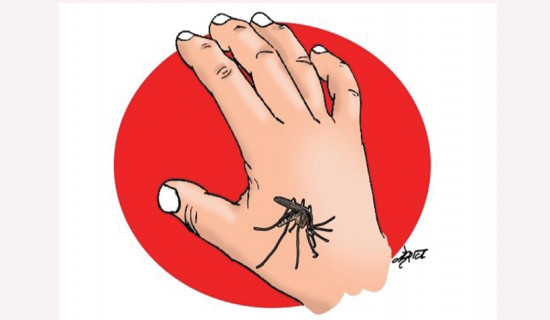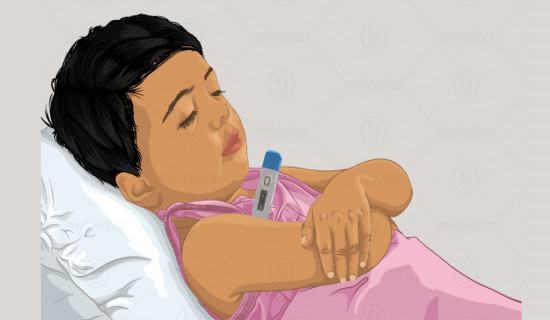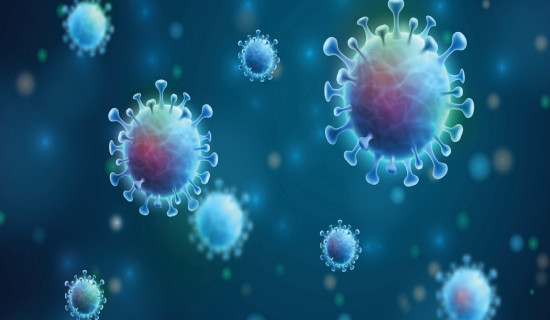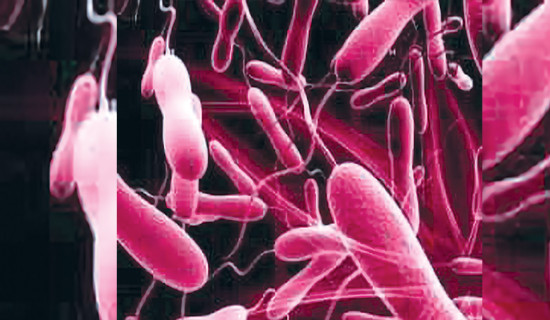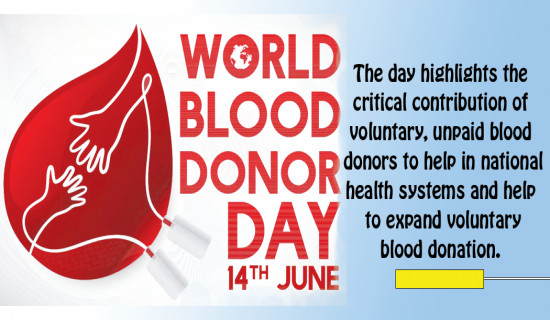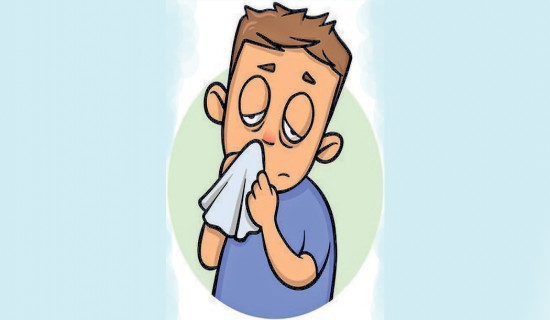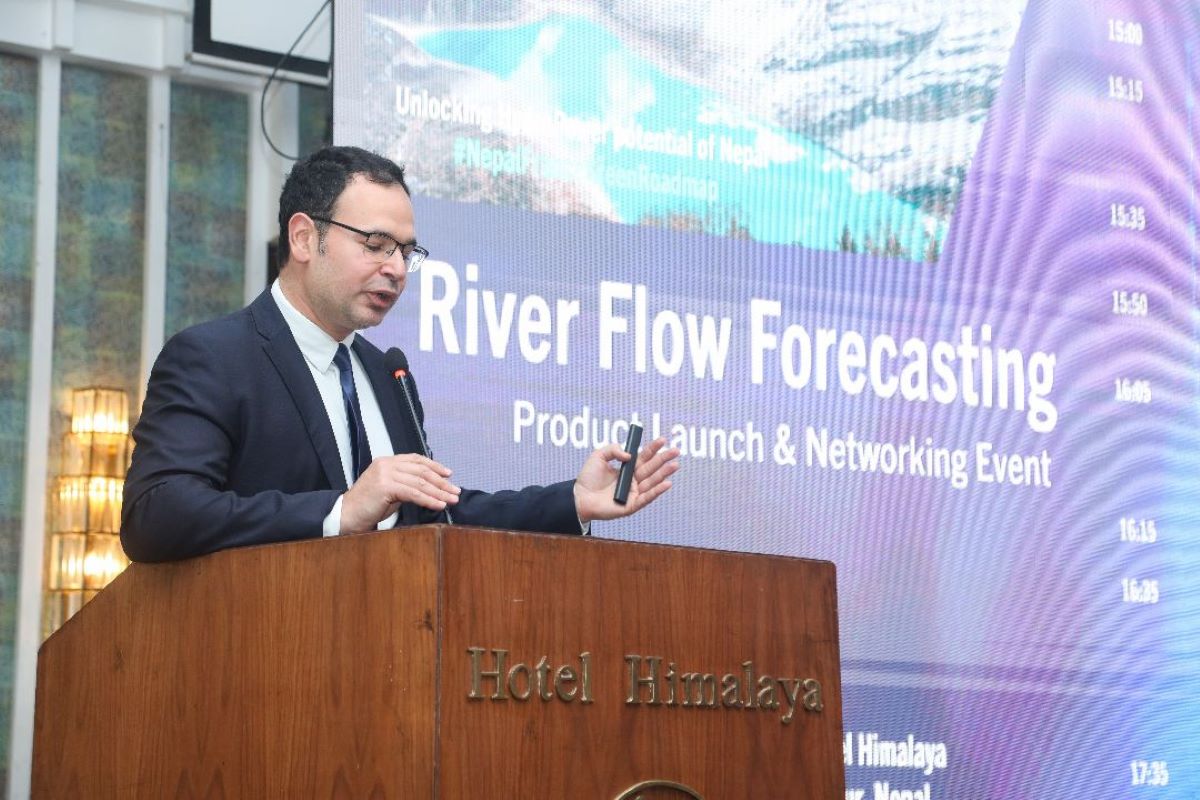- Friday, 30 January 2026
Winter heightens cases of heart disease
A large crowd of men and women of different ages could be seen sleeping in the cold, cemented floors braving the winter cold. A few of them were with children. At one glance you think the place is Dharmasala, but it is Sahid Gangalal National Heart Centre (SGNHC) in Kathmandu. With the drop in temperature, the hospital is witnessing rise in the number of heart patients on a daily basis.
Nepal making progress in maternal care, child mortality
With constant effort of the government to promote Maternal and Neonatal Health (MNH), progress has been made in maternal care but there is no significant change in neonatal deaths.
Parties make unhealthy claims about health sector
Almost all political parties have given priority to health issues in their election manifestos published to attract voters for the House of Representatives (HoR) and Provincial Assemblies elections.
Dengue patients need rest, proper diet to avoid acute syndrome
Dengue, a viral infection transmitted to humans through the bite of infected Aedes mosquitoes, is becoming increasingly dreadful with rise in fatality and post-acute dengue syndrome.
Dengue spreads by leaps and bounds
Cases of dengue have been rising at an alarming rate lately in the Kathmandu Valley as well as other districts across the nation. With the spread of the virus in communities, major hospitals in the Kathmandu Valley have reported a surge in infected patients. Dr. Manisha Rawal, director at Sukraraj Tropical and Infectious Disease Hospital (STIDH), informed 33 dengue patients are admitted to the hospital as of today and among them six are receiving treatment in the ICU.
Sacred Teej mores turn showy, sullied
Teej is right here. Many women in Kathmandu Valley and other urban areas are busy feasting in one venue after another. Believe it or not, a woman enjoys 10-20 Teej feasts in a fortnight. Sabina Barakoti was one of those attending 12 Teej feasts within two weeks and she felt that Teej programme was a means of socialisation, like meeting friends, colleagues, relatives, and sharing happiness and sorrow. “It is a part of our culture,” she said. With rising Teej feasts, news stories have also come that woman felt ill after feasting. Ambika Dhungel of Bhaktapur was one of those getting ill after attending two Dar parties in a single day. She suffered food poisoning.
Dengue rapidly spreading in Valley
Dengue, a mosquito-borne viral disease, have been spreading rapidly in the Kathmandu Valley as of late. In the past, the disease was confined to the Terai and inner Terai plains, but now it is spreading in the hilly and mountain districts. More than 1,900 cases of dengue have been reported within seven months of this year, according to Epidemiology and Disease Control Division (EDCD) under the Ministry of Health and Population (MoHP). Among them, most of the cases were detected in the Kathmandu Valley.
Growing dengue cases detected across country
Dengue is a mosquito-borne viral disease with increasing burden and geographic spread over the years in Nepal. Amid the spread of COVID-19 infection, several cases of dengue have been detected across the nation as of late. More than 900 cases of dengue have been reported within seven months this year, according to Epidemiology and Disease Control Division (EDCD).
Viral fever spikes amid rising COVID cases
Sriyam Subedi, a three-year-old child in Budhanilkantha, Kathmandu, has been suffering from fever since August 8. On a recent Sunday night, his fever got worse and he was taken to a hospital the next morning. With examination and blood test, doctor said that he was suffering from a viral fever.
Emergence of COVID sub-variants raises alarm of possible new wave
The past few months since March, in the wake of COVID-19 third wave during January and February, had given people the much-needed respite after almost two years. Just as people’s lives got back to normalcy, thinking pandemic was over, however the rising cases of COVID-19 have once again alarmed the public. The COVID-19 continues to evolve with reports of sub-variants of Omicron’s BA.5 variant and spike in daily new cases over the past few days.
COVID-19 cases in upward swing, new subvariant suspected
The nation has witnessed an increase in the daily caseload of COVID-19 for the last few weeks. According to the data of the Ministry of Health and Population (MoHP), the infection rate of COVID-19 was less than 1 per cent before June 15, but now it has increased to 2.5 per cent on average. The MoHP has recorded 40 new cases of COVID-19 on Monday. Of them, 34 cases were detected through RT-PCR test and six through antigen test.
Experts reiterate threat of cholera outbreak
The Kathmandu Valley has reported 12 cases of cholera, an acute intestinal infection, caused by ingesting contaminated food or water, as of Monday and health experts are warning of its possible outbreak. As authorities are inspecting water resources in order to control the spread of the cholera, they have found E-coli and other germs in water at various places of the Kathmandu Valley.
Experts fear cholera outbreak in Valley
The risk of cholera outbreak in the Kathmandu Valley has threatened public health after the Ministry of Health and Population (MoHP) confirmed two cases in the Capital. The disease was detected in two females aged 18 and 23 years from Kathmandu Metropolitan City-28, Bagbazar.
Blood Donor Day to be marked today
Each year, World Blood Donor Day is marked on June 14 to raise global awareness on the need for safe blood and blood products for transfusion. This year, the day is being celebrated with a slogan, ‘Donating blood is an act of solidarity. Join the effort to save lives.’
Precaution called against seasonal illnesses
Monsoon is considered an epidemic season in Nepal, as the season is responsible for the outbreak of a number of infectious diseases. During the monsoon, harmful bacteria spread and can breed in the rainwater that accumulates in bushes, discarded utensils including cups, bottles, tyres and plastic bags causing serious problem in public health, warned health experts.






